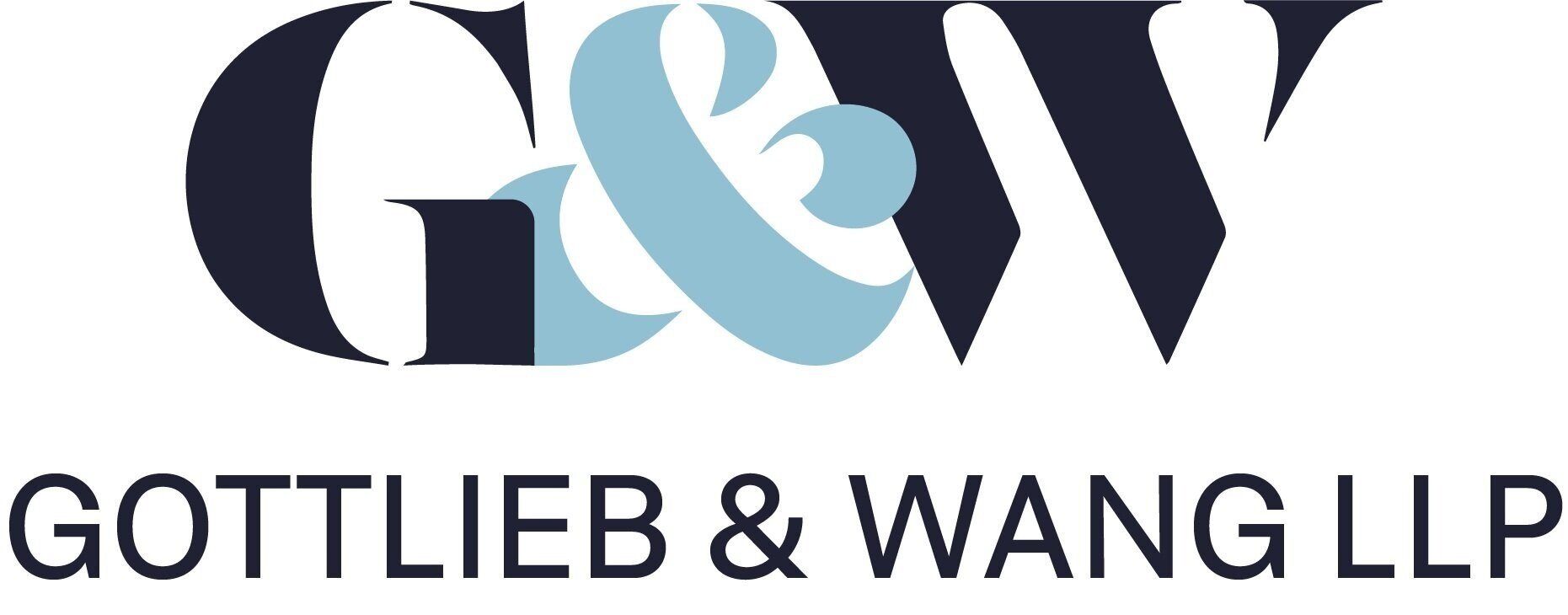There’s Tuition Reimbursement in the Fine Print: Part 2
Our previous blog explained how the management needs section of the Individualized Education Plan (IEP) can potentially be used to secure additional guarantees that can, in turn, influence tuition reimbursement. In this article, we will continue to explore the process by which this happens.
When assessing a case for tuition reimbursement, the first question by law under the Burling/Carter test of tuition reimbursement is: Has the city, local education authority, or school district offered this student a free and appropriate public education (FAPE)?
Whether or not an IEP, placement, etc. is “appropriate” can be debatable — and this is often debated in tuition reimbursement cases.
An automatic failure for the Department of Education (DOE) is when there is an internal contradiction. If one part of an IEP contradicts another, then one of them must be wrong. When parts of the IEP do not align, or when the IEP contains guarantees that DOE witnesses are likely to explicitly disregard in their testimony, more opportunities emerge for a judge to find that the district has failed to meet its obligation to provide the child with a holistically appropriate program. Indeed, an IEP’s defects are cumulative; even minor errors, insignificant on their own, can contribute to inconsistencies that defeat the IEP as a whole.
Remember, the District is required to follow the terms of the IEP. Parents can request forced implementation hearings if the District is failing to meet the guarantees within the IEP. This will force the teacher or staff to comply with the IEP terms.
Contact us with your questions.
Marc Gottlieb
Partner
195 Montague Street
14th Floor
Brooklyn Heights, NY 11201
Marc@GottliebFirm.com
(646) 820-8506


